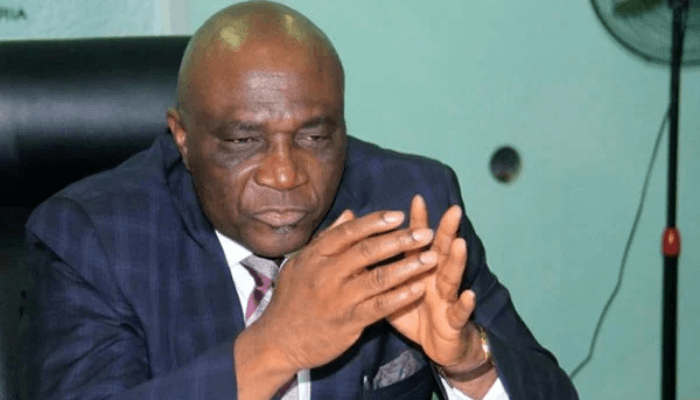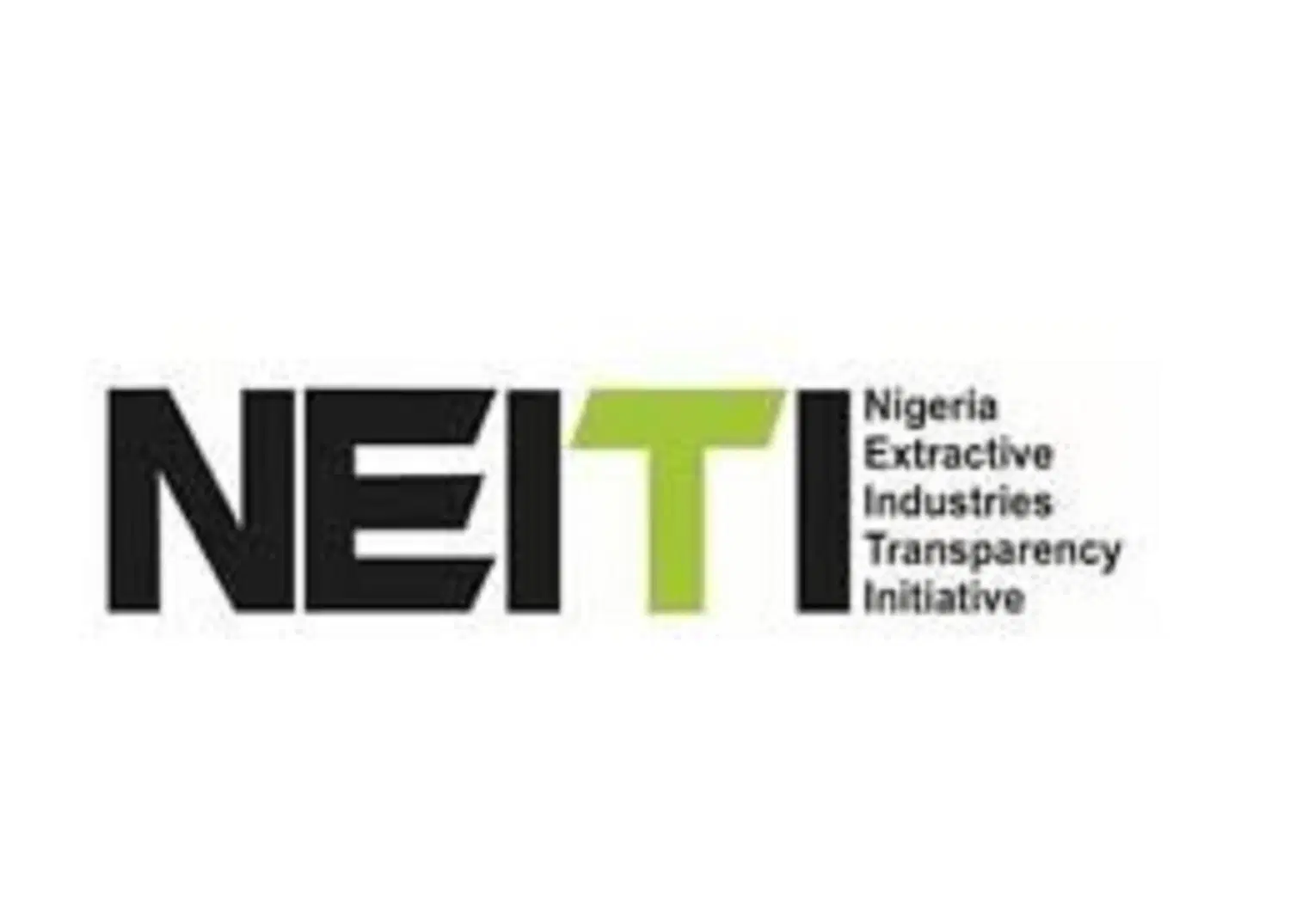The Federal Government said on Tuesday that 17 Independent Electricity Distribution Networks companies had received licenses, of which 10 are now in operation.
The Punch reported that this information was revealed in the Nigeria Electricity Regulatory Commission’s report on market competition for 2022, which was made public on Tuesday.
This information was disclosed by the government along with a breakdown of the country’s power distribution sector. The segments of electricity generation, transmission, and distribution make up the bulk of Nigeria’s power sector.
11 successor distribution businesses were established and privatized in November 2013 when the sector was divided into three sectors. Since then, they have been providing services to the country despite customer objections.
However, the NERC stated in the recently issued 2022 Market Competition Report that “all 11 successor Discos (distribution companies) have been privatized.” Private investors now have ownership and operation of the discos.
“An additional private distribution company has been granted a franchise in the designated territory. As of December 2022, 10 of the 17 operators of Independent Electricity Distribution Networks that have been licensed are up and running.
“The market competition report was created in accordance with Section 24(2) of the Electric Power Sector Reform Act of 2004, which requires the commission to produce an annual report for the minister regarding the likelihood of competition in the Nigerian electricity supply industry, according to the regulator.
In this research, the level of competition in the NESI is reviewed, and the development towards a shift to a more competitive market is evaluated. In accordance with Section 26 of ESPRA, the report also offers recommendations for the transition to a more competitive market.
“The report is directed at a wide spectrum of readers including government officials and institutions, the private sector, energy economists, engineers, financial and market analysts, potential investors, as well as general readers,” the commission said.
In this research, the level of competition in the NESI is reviewed, and the development towards a shift to a more competitive market is evaluated. In accordance with Section 26 of ESPRA, the report also offers recommendations for the transition to a more competitive market.
“The report is directed at a wide spectrum of readers including government officials and institutions, the private sector, energy economists, engineers, financial and market analysts, potential investors, as well as general readers,” the commission said.










